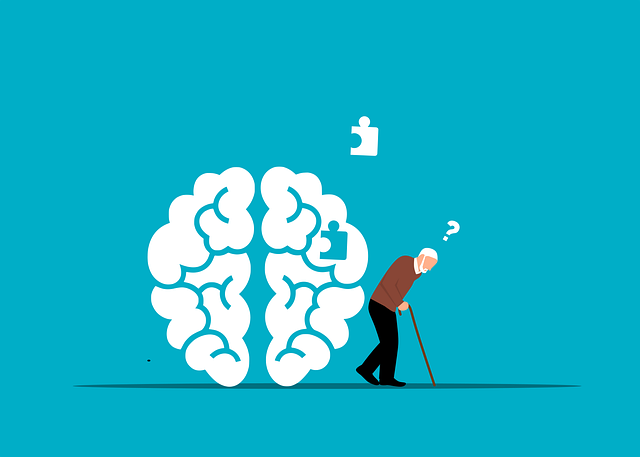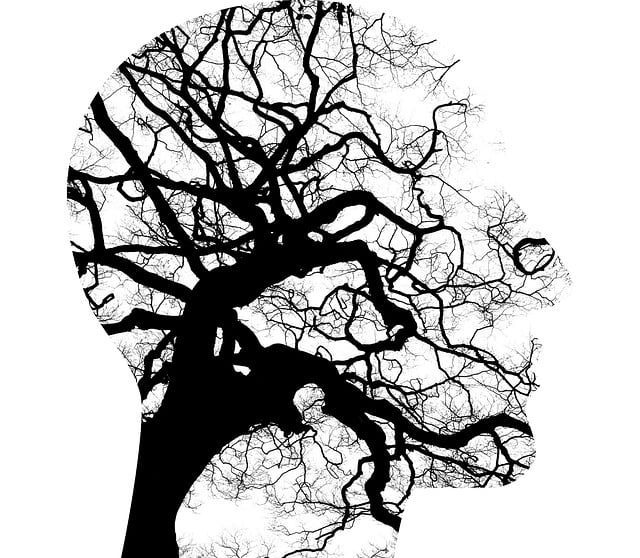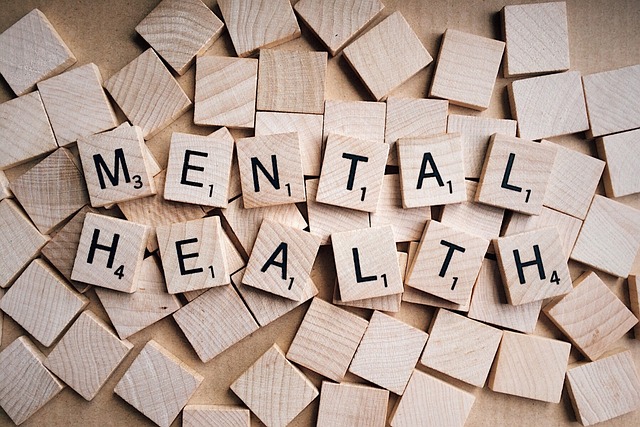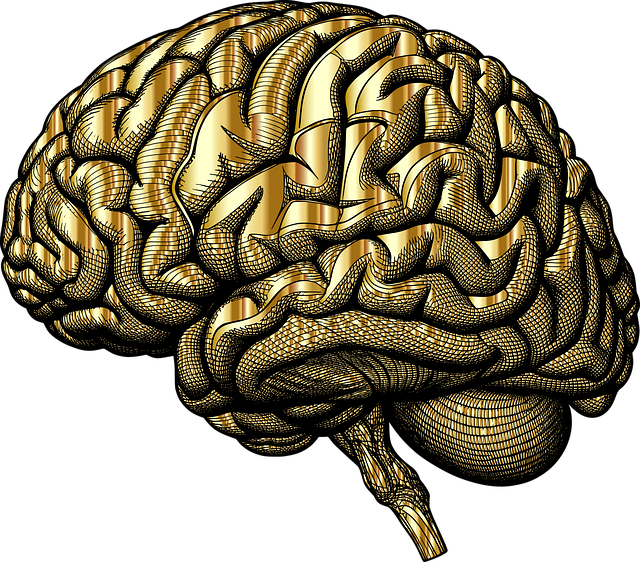Littleton Biofeedback Therapy is an effective, non-invasive approach to stress management that focuses on the mind-body connection. By teaching individuals to regulate physiological responses to stress through techniques like heart rate monitoring and muscle relaxation, this therapy empowers them with lasting coping mechanisms. Regular mindfulness meditation practice enhances emotional well-being and mental clarity, while understanding risk assessment for mental health professionals is key to supporting clients holistically. Incorporating these strategies into daily routines builds resilience, leading to improved mental health, decision-making, relationships, and life satisfaction over time.
“Coping skills development is an essential aspect of maintaining mental well-being in today’s fast-paced world. This article explores various facets of fostering resilience and effective stress management. We begin by delving into ‘Understanding Coping Skills,’ highlighting its foundational role in enhancing overall mental health. Subsequently, we delve into the innovative approach of Littleton Biofeedback Therapy, a game-changer in optimizing coping mechanisms. Furthermore, practical strategies for daily application are provided to empower individuals in managing stress and building resilience.”
- Understanding Coping Skills: The Foundation of Mental Well-being
- The Role of Littleton Biofeedback Therapy in Enhancing Coping Mechanisms
- Practical Strategies for Daily Stress Management and Resilience Building
- Long-term Benefits: Cultivating a Robust Coping Toolkit for Life
Understanding Coping Skills: The Foundation of Mental Well-being

Coping skills are essential for navigating life’s challenges and maintaining mental well-being. At its core, understanding coping mechanisms involves recognizing that everyone faces stress and adversity; it’s how we respond to these situations that defines our mental health journey. Effective coping strategies empower individuals to manage their emotions, reduce anxiety, and foster self-esteem improvement. This process is foundational to overall mental health awareness, enabling people to lead happier, healthier lives.
Littleton Biofeedback Therapy offers a unique approach to enhancing coping skills by teaching clients how to regulate their physiological responses to stress. By focusing on mindfulness and relaxation techniques, individuals can gain better control over their emotional states, thereby alleviating symptoms of anxiety relief. This therapeutic method empowers people to develop long-lasting strategies for dealing with life’s challenges, ensuring they have the tools necessary for a resilient mental health framework.
The Role of Littleton Biofeedback Therapy in Enhancing Coping Mechanisms

Littleton Biofeedback Therapy offers a unique and effective approach to enhancing coping skills. By focusing on the mind-body connection, this therapy empowers individuals to gain control over their physiological responses to stress. Through various biofeedback techniques, such as heart rate monitoring and muscle relaxation exercises, clients learn to recognize and regulate their body’s reactions, enabling them to develop healthier coping mechanisms. This non-invasive method is particularly beneficial for those seeking alternative solutions to traditional counseling or medication.
Incorporating Littleton Biofeedback Therapy into one’s self-care routine can significantly contribute to stress reduction methods. It teaches individuals valuable communication strategies with their bodies, allowing them to translate these skills into real-life situations. This therapy also aligns with the broader context of mental health policy analysis and advocacy, as it promotes self-regulation and may potentially reduce the reliance on external interventions in managing mental well-being.
Practical Strategies for Daily Stress Management and Resilience Building

Incorporating practical strategies into daily routines is key to managing stress and building resilience. One effective technique gaining traction in the mental health community is Littleton Biofeedback Therapy. This non-invasive approach teaches individuals to regulate their physiological responses to stressful situations, promoting a sense of calm and control. By focusing on breathing exercises, progressive muscle relaxation, and other biofeedback techniques, one can learn to de-escalate quickly and effectively.
Complementing biofeedback therapy, Mindfulness Meditation has been shown to significantly enhance emotional well-being promotion techniques. Dedicating just a few minutes each day to mindfulness practices allows individuals to cultivate present-moment awareness, reducing the impact of stressful thoughts and emotions. Additionally, regular meditation practice can improve overall mental clarity and focus, equipping individuals with valuable coping skills for navigating life’s challenges. Meanwhile, understanding risk assessment for mental health professionals is crucial in supporting clients effectively while maintaining a healthy work-life balance.
Long-term Benefits: Cultivating a Robust Coping Toolkit for Life

Developing coping skills is an investment in one’s long-term well-being and resilience. Littleton Biofeedback Therapy offers a unique approach to empowering individuals with effective strategies for navigating life’s challenges. By cultivating a robust coping toolkit, individuals can enhance their emotional intelligence, a key aspect of mental health policy analysis and advocacy. This involves learning to recognize and manage emotions, which fosters better decision-making and strengthens relationships.
Over time, these skills enable people to face stressful situations with greater composure and adaptability. The emotional healing processes facilitated by biofeedback therapy contribute to improved mental health and overall life satisfaction. With a well-honed coping mechanism, individuals can better handle pressures, setbacks, and traumatic events, ensuring they remain resilient in the face of adversity.
Coping skills development is an essential aspect of mental well-being, and with strategies like Littleton Biofeedback Therapy, individuals can enhance their ability to manage stress. By understanding coping mechanisms and implementing practical daily practices, people can build resilience and navigate life’s challenges effectively. This holistic approach, as highlighted in the article, ensures that individuals are equipped with a robust coping toolkit, fostering long-term mental health and overall life satisfaction.














